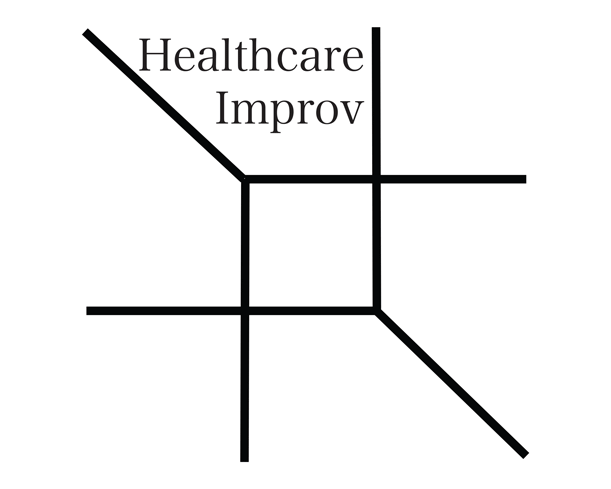The End of the Month
It is Saturday gang! Rounding on the patients was lovely, and I had a productive Walkn’Talk with one intern. Walkn’Talk with the other intern was yesterday afternoon. Both were great discussions about how they had improved themselves over the past month and the steps they will be taking to continue their improvement. Invigorating to hear their stories of growth and desires to continue to improve as physicians and people. That is definitely a part of the job that serves me well, listening to people just starting the profession and hearing what excites them and the struggles they face. Many times, they are similar to my own excitements and struggles to this day. I have a different perspective and hearing their perspective provides a new view point that helps me understand my life at work. I am thankful for what the learners I work with share with me and the understanding it provides
Which brings me to MY next point, don’t smoke meth. It is the end of the month and how it works at my institution (and my previous institution) is that if you took care of a patient at any point in the month, if they come back to the hospital before the month is over, your team takes care of them again. This month, we had many patients with challenging social situations and this past week, many of those patients returned to the hospital. It is the end of the month, and the team is physically more tired than when they started the month because being on inpatient service is very time. The patients that return are referred to as bounce backs because they bounce back to the team that was taking care of them previously. Bounce backs tend to take a lot out of the team emotionally because everyone is there to help people become healthy again. The hope is that once they leave the hospital, with the care they received, they will go on to return to the parts of life that they loved. Some of the time the parts of life that patients love is what leads them back to the hospital, however. This can be very challenging for healthcare providers beginning their training and feeling like the patient’s return to the hospital is a personal commentary on their ability to be a physician. Some of the time, it is a mistake that leads to the return of the patient. Some of the time, a doctor and nurse could have driven the patient home and moved in with the patient, and yet that patient would still return to the hospital. It was challenging figuring out which sentence is more apropos for my patient being readmitted to the hospital and vacillating between whether society needs to be upended or I just need to stop practicing medicine to prevent these hospital readmissions would often bounce around my brain. As it happens, that internal dialogue takes a lot out of team’s emotional battery as well. I was always told that people have a physical battery and an emotional battery and people are fine as long as one of them are filled up. Trouble starts when both are running low, as is what happens at the end of the month often times (see above). I discussed the benefits of improv on the podcast I was on Thursday, but is coming out next week, as raising what my default response is. I think this time of the month, it is more important than ever. The next patient I see will require me to be empathetic, even if the previous patient I just saw drained my emotional battery. It has been shown that empathy takes emotional and physical energy.
Improv has raised my default response, so I am more likely to be the empathetic physician I expect myself to be. Improv forces me to practice being empathetic because if I am anything but that on stage, it will result in a bad scene and likely a bad show. I have to enter each new scene with the principles of getting on the same page as my scene partner at the forefront, even if I ate it two scenes prior. That mental model and practice in feeling the benefits of employing that approach has helped me be closer to my performance expectations at all points in the month. Also, I don’t know if it is because all these factors are combining at the end of the month and I am also catching up on Better Call Saul, but I feel like complications from meth use is a part of most of my conversations during my workday. Some of the time, diagnoses just go in waves. I had a call day years ago where I saw 8 new patients and 6 of them were there for bleeding in their gastrointestinal tract. Sometimes, that is just the way it is. Something most of the patients that are bouncing back to the hospital also have in common is a lack of connection to friends or family. I need to be empathetic and search for a connection in these patients more than any of the other patients, even though it can be the most challenging. If I hope to summon my empathy from the depths when needed, it is unlikely that the skill set will be ready to implement in the moment. I must have my empathy default higher to meet that challenge. If I fail, then there will be another patient that I should try to be empathetic towards. That’s the goal at least. Improv has helped me raise what my default response is.

